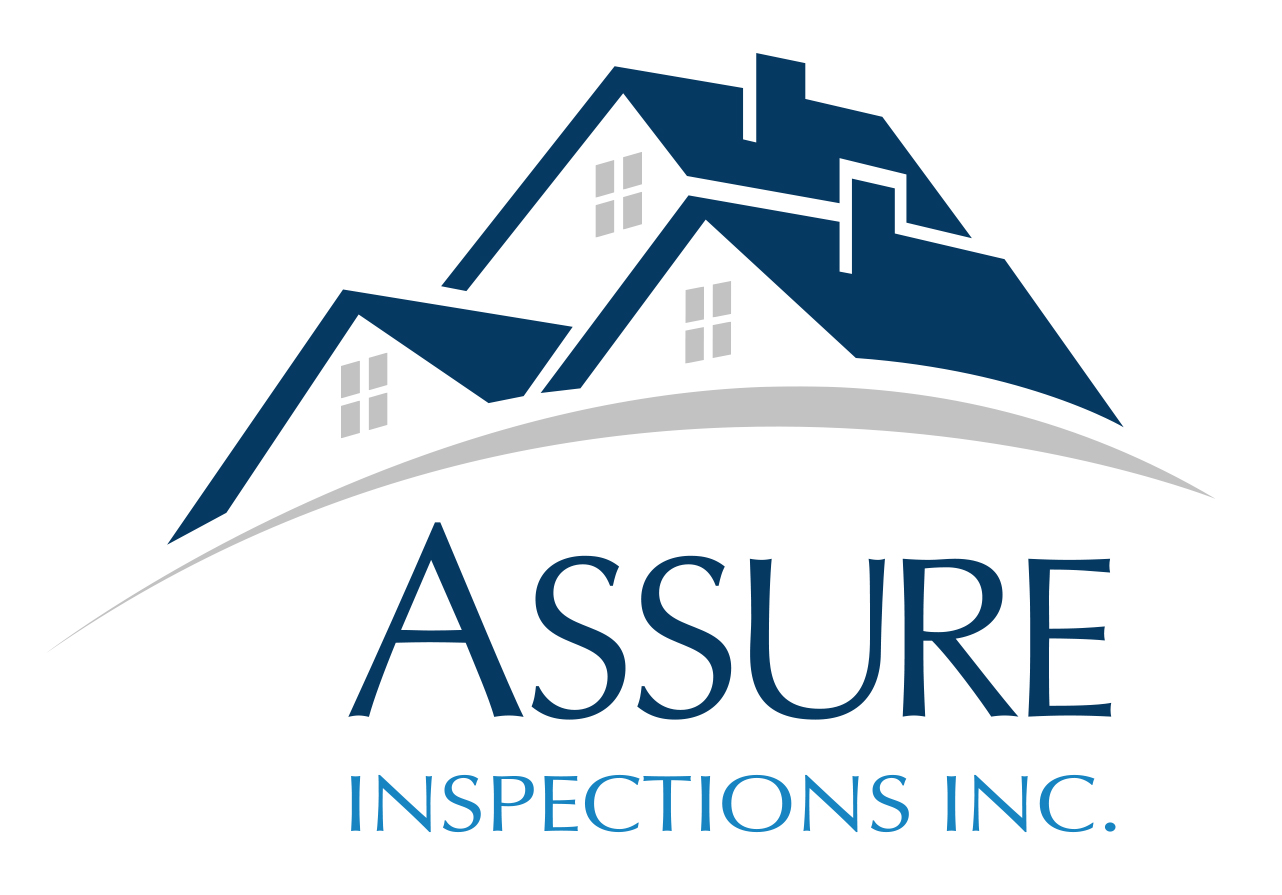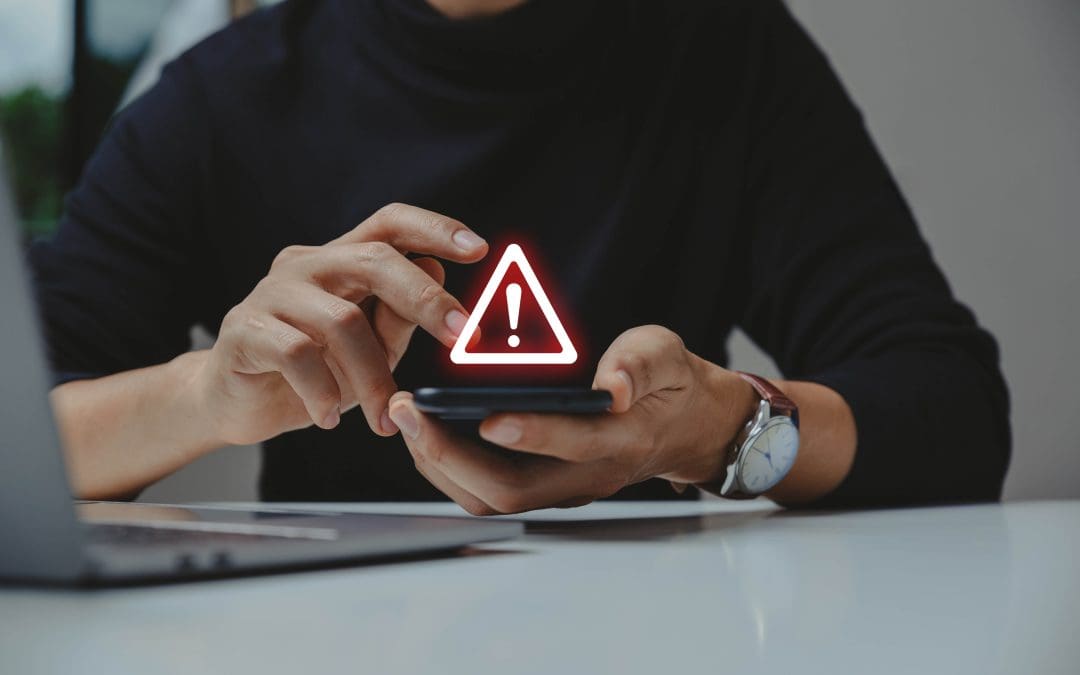Scams targeting new homeowners are common, especially during the hectic period after closing. With all the responsibilities, paperwork, and unfamiliar processes of buying a home, it’s easy to miss the warning signs. Scammers count on that. Knowing how these scams work and how to avoid them can help you stay a step ahead.
Whether it’s fake service providers, fraudulent letters, or pushy door-to-door sales tactics, homeowner scams are designed to exploit your trust, inexperience, or confusion during your transition into homeownership. By recognizing the warning signs and staying alert, you will avoid these traps and enjoy the benefits of your new home without the stress of being scammed.
Fake Utility and Service Setup: A Common Homeowner Scam
This is one of the most frequent scams targeting new homeowners right after closing on a house. Scammers may pose as representatives from utility companies, offering to set up your water, electric, gas, or internet service, often claiming it’s urgent or required before move-in. They may request personal information or upfront payments over the phone or via email.
Legitimate utility companies never demand immediate payment or sensitive information without verifying your identity through official channels. Always contact service providers directly using numbers from their official websites, not the ones given to you by unsolicited callers or messages.
Phony Home Warranty and Insurance Offers
Another common scam involves fake or misleading offers for home warranties or homeowners insurance. You might receive official-looking letters in the mail shortly after moving in, claiming that your coverage is about to expire, or that action is required immediately. These notices often come from companies unrelated to your mortgage lender or home warranty provider.
It’s important to know who your warranty and insurance companies are, and to only respond to communications you’ve verified. Scammers use fear tactics to create urgency, pushing you to buy a useless or overpriced policy that leaves you unprotected when real issues arise.
Contractor and Repair-Related Homeowner Scams
After moving in, many homeowners begin making improvements or repairs. Unfortunately, this creates another opening for homeowner scams. Unlicensed or dishonest contractors may show up uninvited, offering discounted repairs for your roof, driveway, or HVAC system. Some secure large deposits and never return. Others perform subpar work or charge far more than originally quoted.
To avoid this trap, always research contractors, read reviews, verify licensing, and get written estimates. If someone pressures you to make a quick decision, that’s a red flag. A reputable contractor will give you time to review the offer and compare your options.
Mail and Deed Scams Targeting New Homeowners
New homeowners often receive letters requesting payment for copies of their deed or offering “property assessment services.” These official-looking mailers claim you must pay a fee—sometimes upwards of $100—for a copy of your property deed, which you likely received at closing and can access for a small fee through your local recorder’s office.
Other scams involve companies that claim your home’s tax assessment is too high and that they will lower it for a fee. While tax appeal services exist, many of these companies offer nothing that you can’t do yourself with a bit of research and a phone call to your county assessor’s office.
Digital and Email-Based Homeowner Scams
In today’s world, homeowner scams often arrive in your email. Phishing emails pretending to be from your lender, escrow company, or homeowners association may ask you to confirm your loan information or make a payment to a fraudulent account. These scams will look incredibly real and are designed to steal your personal and financial data.
When in doubt, never click on links or download attachments from unknown or unexpected senders. Contact the institution directly using a verified number or website to confirm whether the email is legitimate.
Homeownership should be a rewarding and secure experience. By learning how to spot homeowner scams early and trusting your instincts, you’ll keep your finances, data, and your property safe. A little skepticism goes a long way, especially when it helps you enjoy your new home with confidence and peace of mind.
FAQs
How can I verify if a service or bill is legitimate?
Always contact the company using official contact information from their website. When in doubt, ask your lender or real estate agent for guidance.
What should I do if I suspect a homeowner scam has targeted me?
Report the scam to local authorities and the Federal Trade Commission (FTC). Contact your bank or credit card company immediately to protect your accounts if you’ve shared financial information.
Are there ways to reduce the scam mail I receive after buying a home?
Yes. You can opt out of pre-screened credit and insurance offers at OptOutPrescreen.com, and consider registering with the Direct Marketing Association’s mail preference service. Be cautious when sharing your new address online or in public records.
Assure Inspections Inc. offers home inspection services in the Chicago area. If you’re buying or selling a home, contact us to request an appointment.

